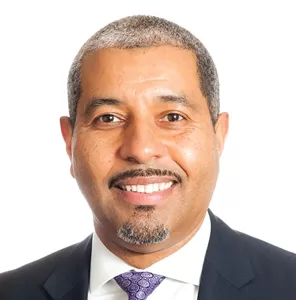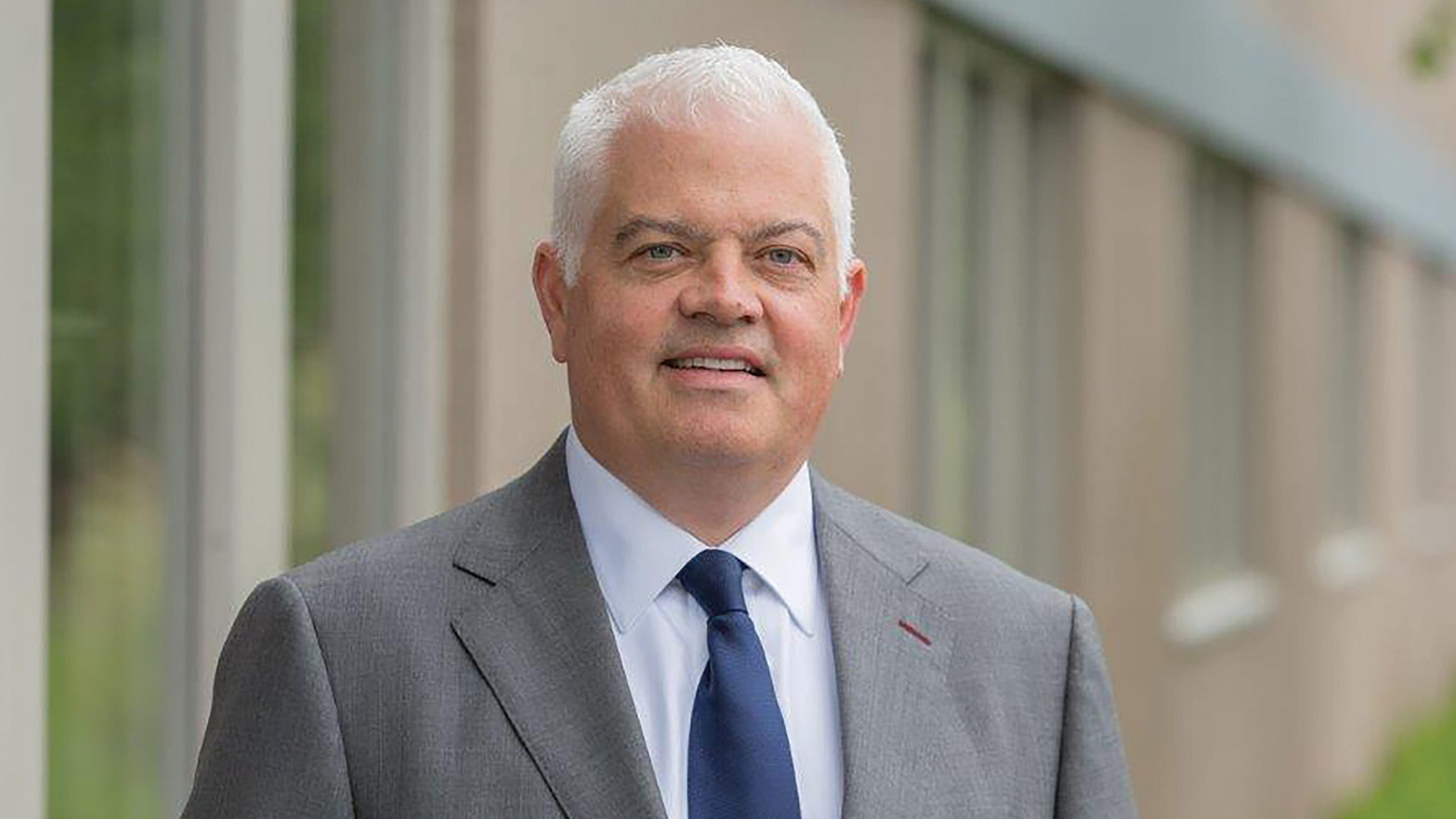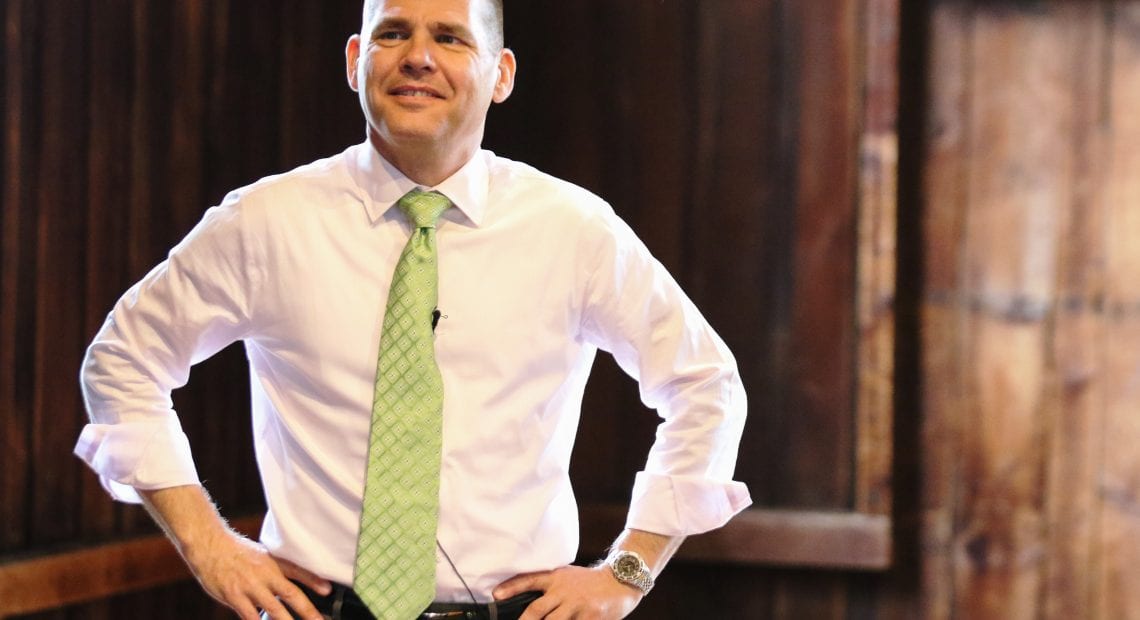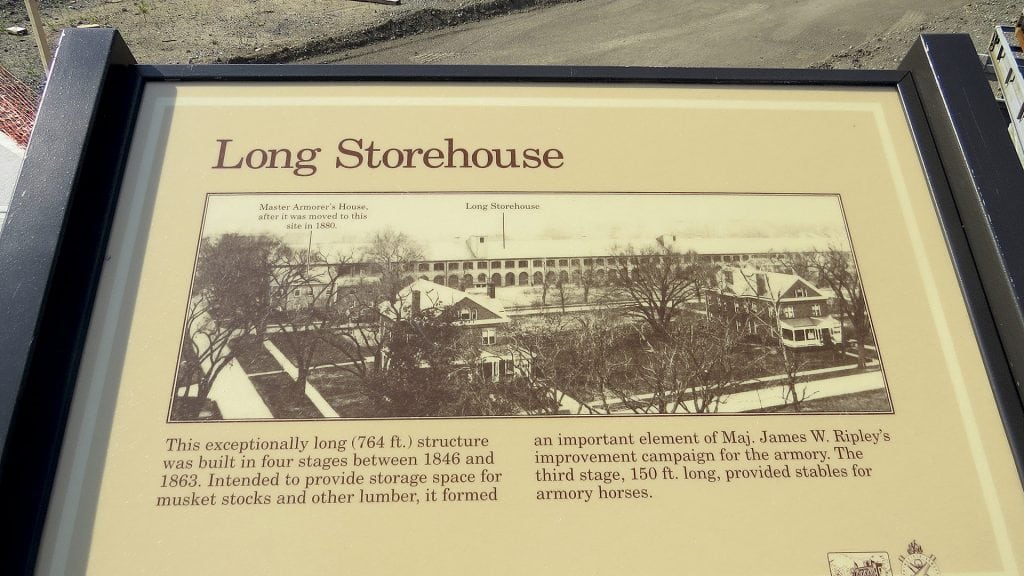Pressing On
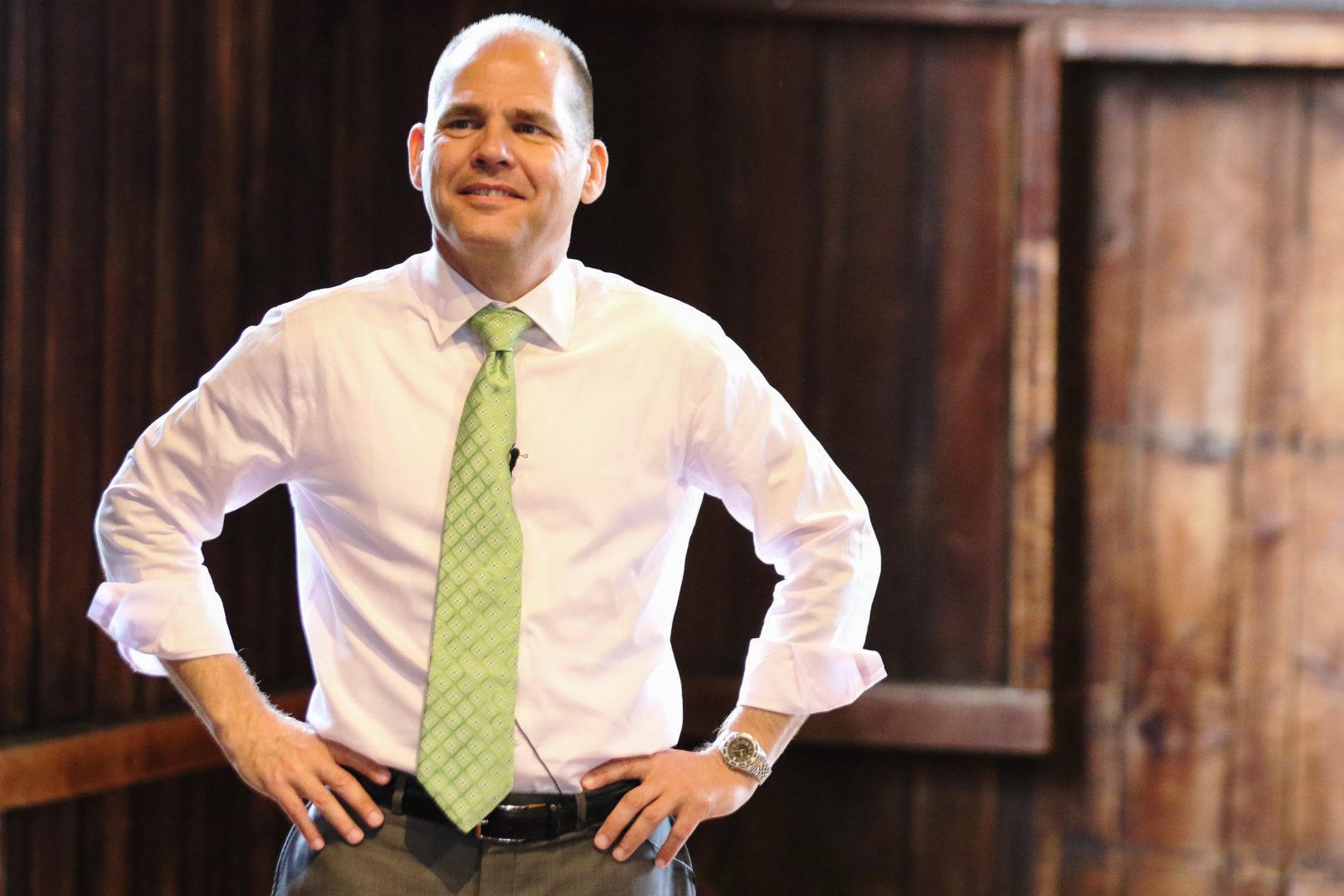
President-Elect Ed Wingenbach spoke at his first public press conference on Thursday, July 18 regarding the future of Hampshire College and the role he hopes to play in its success.
When asked whether he thought Hampshire College could not only maintain its accreditation but forge a long-term future, Ed Wingenbach, the recently named president of the beleaguered institution, didn’t hesitate in his response and spoke with a voice brimming with confidence.
“Yes; do you need me to say more?” he replied as the question was posed at a press conference to announce his appointment on July 18.
“I’m not at all worried about our ability to pull it off,” he went on, adding that, although he believes Hampshire College will overcome these obstacles, that certainly doesn’t mean it will be easy. “There’s a lot of hard work to be done over the next two months, six months, three years, but it’s the work that Hampshire College should always be doing.”
His confidence, he said, results from what he called “extraordinary and dedicated students, staff, faculty, alumni, and community members who all have the will to get the job done.”
Wingenbach will be the eighth president of the Amherst-based institution has appointed. An accomplished administrator, faculty leader, scholar, and proponent of liberal-arts education, he has served for the past six months as acting president of Ripon College in Wisconsin, a liberal-arts college where he has been vice president and dean of faculty and a professor of Politics and Government since 2015. Previously, he served for 15 years as an administrator and faculty leader at the University of Redlands in California.
“I’m coming to Hampshire College today and hopefully for a very long time because I think that it is the essential college in higher education,” he said at his welcoming press conference. “There is no place that has been more important to the success of the American college and university system over the last 50 years than Hampshire College.”
Hampshire’s board of trustees voted unanimously for Wingenbach’s appointment on July 12 after a formal recommendation from the presidential search committee chaired by trustee Ellen Sturgis and comprising faculty, students, staff, trustees, and alumni.
The board’s goal was to name a new president this summer to help guide the college in securing its operations, planning for its future, and preparing for the coming academic year, assignments that come as the school is literally fighting for its survival.
Indeed, the school recently received a letter from the New England Commission of Higher Education (NECHE) stating that, absent evidence of substantial progress on a number of matters, ranging from hiring a new president to developing plans for achieving ambitious goals for fundraising and rebuilding enrollment, “the commission will, at its November 2019 meeting, take an action to place the college on probation or withdraw its accreditation.”
“I’m coming to Hampshire College today and hopefully for a very long time because I think that it is the essential college in higher education. There is no place that has been more important to the success of the American college and university system over the last 50 years than Hampshire College.”
This rather stern warning comes after roughly a year of turmoil and regional and national headlines concerning the college, thrusting it into the forefront of mounting problems for smaller, independent colleges dependent largely on high-school graduates at a time when graduating classes are getting smaller and projected to get smaller still.
In recent months, Hampshire announced it will not admit a full class for this fall — in fact, only about 15 students are expected to be in what will be known as the class of 2019. There have also been layoffs, the resignations of President Miriam Nelson and several board members, and departures among the current student body.
Grade Expectations
Despite this steady drumbeat of bad news, in recent writings to the Hampshire community, interim President Ken Rosenthal, one of Hampshire’s founders, has been using a decidedly optimistic tone. Last month, he wrote that the school was fully committed to enrolling a full class for 2020, was making progress with an aggressive bid to raise $20 million by June 2020 and an estimated $100 million over the next five years, and was filling several key positions, including president.

Ken Rosenthal
While acknowledging this optimistic tone and focus on the future at a time when many had — and perhaps still have — grave doubts that Hampshire has a future, Rosenthal told BusinessWest, “that certainly doesn’t mean it’s going to be easy.”
Wingenbach agrees, but he has a plan.
“I am confident that we can overcome those challenges by reinvigorating the mission to innovate and lead higher education,” he said. “By becoming distinctive again, and inventing, again, new ways to think about undergraduate education, and implementing them and doing them well, we’ll restore the rightful distinctiveness of Hampshire College.”
However, both his and Rosenthal’s sentiments about the task ahead certainly not being easy were echoed by Barbara Brittingham, president of NECHE, who said Hampshire faces what she called a “heavy lift,” given both the challenges facing all colleges reliant upon high-school graduates, and the relatively young age of Hampshire’s alumni.
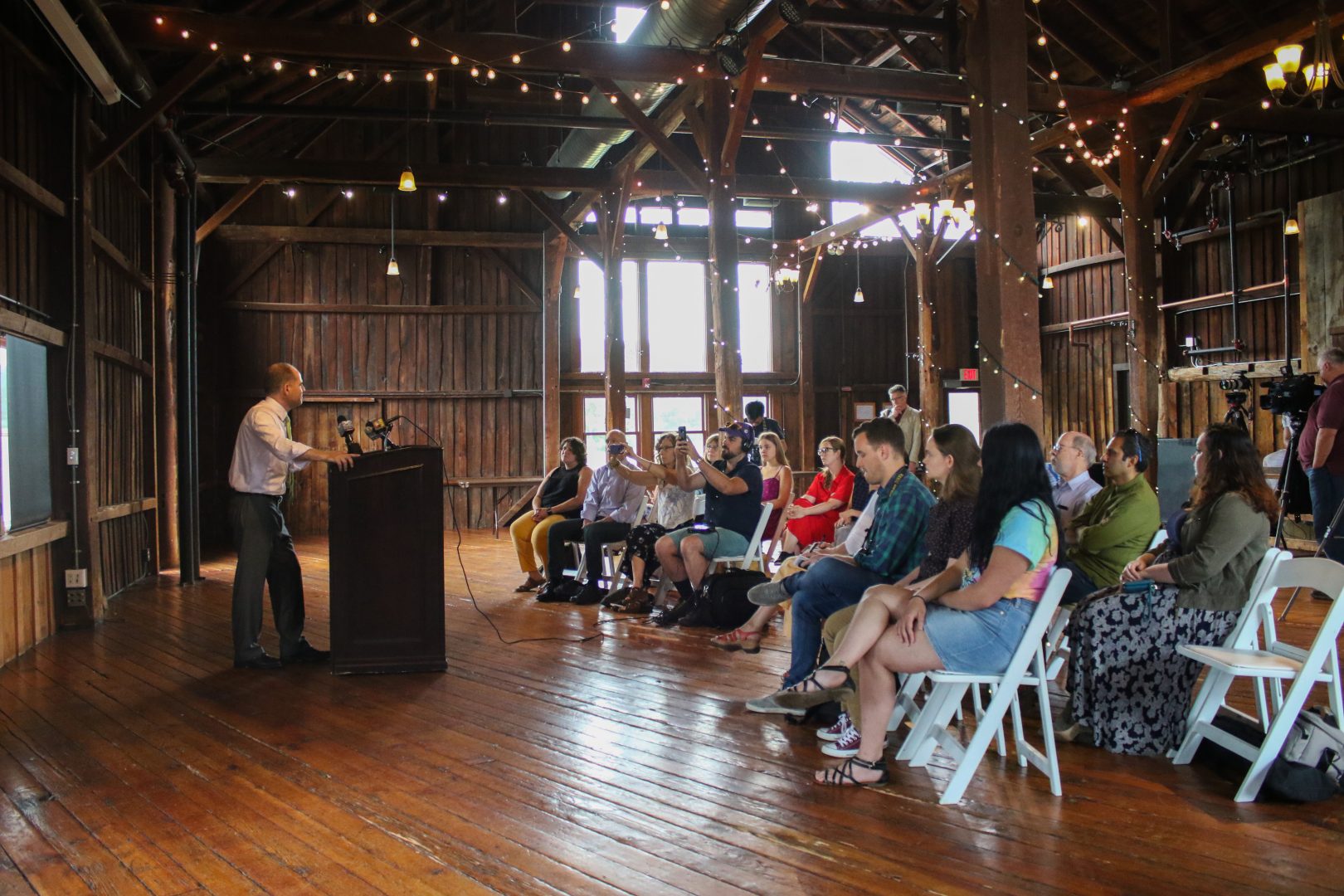
Wingenbach told media, professors, students, and trustees that Hampshire College is a laboratory to how to make higher education better, and the hard work that will happen over the coming months and years will set the college up for success.
Indeed, like Rosenthal, she said Hampshire is challenged to raise money and thus grow its endowment because its oldest alums are barely 70 — and probably still living and thus not bequeathing money to the college — and most alums are at an age when they are paying for their children’s college, saving for retirement, or putting their money to other uses.
Thus, the school will have to look well beyond its alumni base for support, she said. And it will also have to attract more students, a task made more difficult by recent headlines and words and phrases such as ‘probation’ and ‘possible loss of accreditation.’
“Colleges rely a lot on donations from alumni, but they often get donations from friends, people who admire the mission,” said Brittingham, adding that Hampshire will need considerable help from such friends moving forward.
This, said Wingenbach, is part of the plan. In order to reinvigorate Hampshire College, reaching out to not only alumni, but also those who are interested in Hampshire’s mission, is crucial.
“We have all kinds of resources beyond this campus to make sure that our students have access to everything they need to be successful,” he said.
Course of Action
The college has certainly used those resources so far. Wingenbach praised Hampshire for raising more than $9 million since February of this year, adding that this is an impressive accomplishment with the challenges they’ve faced.
But the college will need to continue to raise money at this rate in order to make ends meet.
Because Hampshire will be a much smaller school this fall — it just graduated 295 students and will bring in only 15 freshmen in September — the resulting loss of tuition and fees will result in a huge budget deficit. The projected number is $20 million, said Rosenthal, but it may be smaller depending on just how many students return to the campus this fall; the school is budgeting for 600.
“We set out two months ago to raise that $20 million by June 30, 2020, and we’re a little ahead of schedule,” said Rosenthal, adding that this schedule called for having $7 million in cash in hand by August, another $7 million by the end of December, and the final $6 million by the end of the current fiscal year, ending next June 30.
Moving forward, and, again, thinking optimistically, as the college moves closer to what Rosenthal called ‘normal size,” meaning 1,200 to 1,400 students, the budget deficits will grow smaller. Still, he projects that roughly $60 million will be needed over the next five years. When necessary capital improvements are added, the number rises to $100 million.
As Brittingham noted — as Rosenthal did himself, only with different language — this is indeed a heavy lift for a college this size.
Wingenbach says the cost structure of the college must undergo a serious adjustment in order to accomplish this ambitious goal.
“As we’re currently constituted, we spend too much money, and we don’t raise enough. That’s a fundamental reality of almost all small colleges in the entire country; we’re no different. But we have to face that reality as well,” he said. “As we’re thinking about experimentation and innovation and new ideas, we have to think about that framework within a reasonable understanding of what our budget and resources will look like two and four years from now, and live within that framework.”
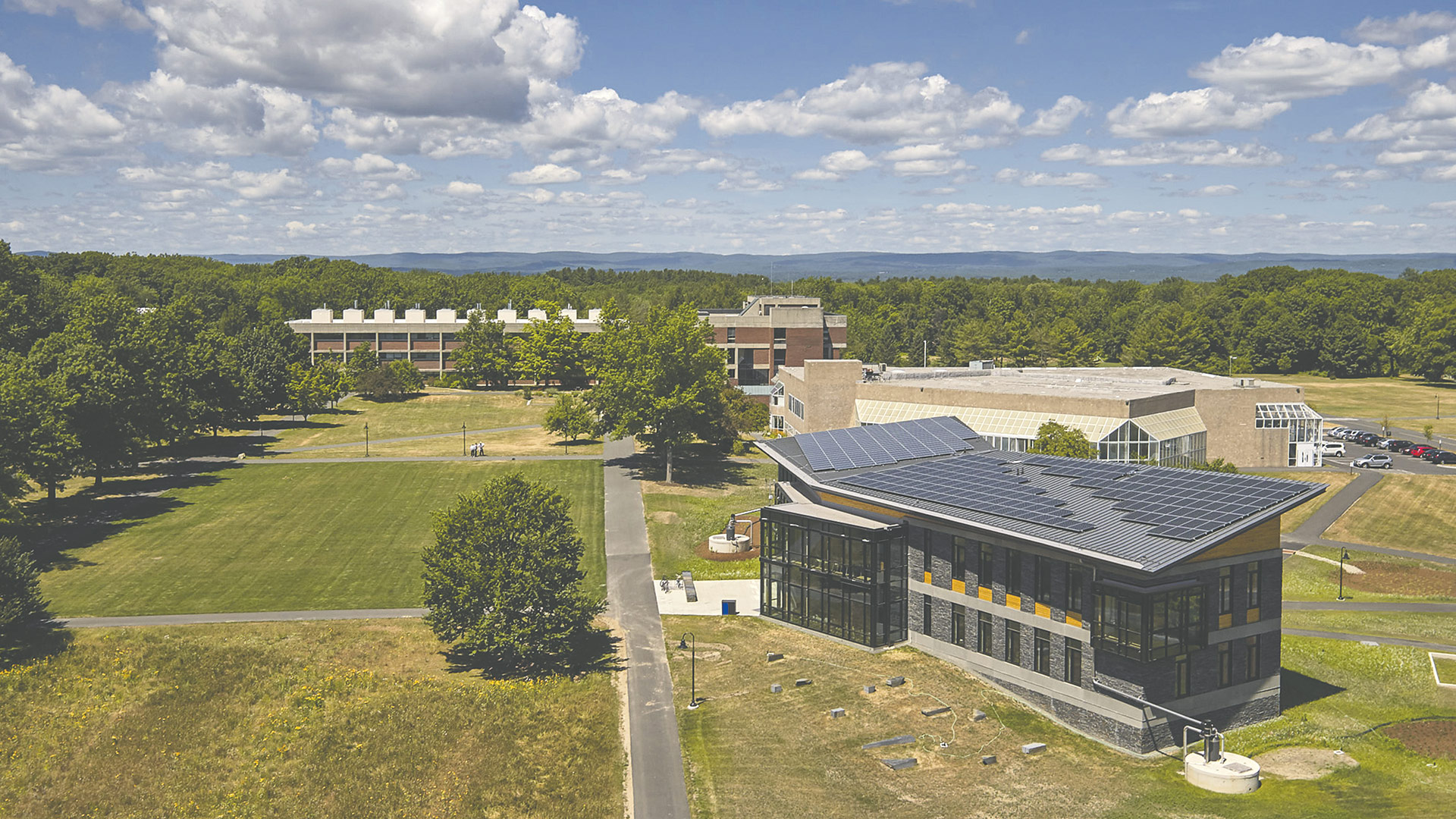
This, Wingenbach said, may include an increase in tuition.
“We have to be thinking really carefully about what our likely students are willing to pay for this kind of an education,” he said, adding that the average Hampshire student graduates with about $24,000 in debt, an extraordinarily low figure for a four-year education. “I think it’s likely that tuition goes up, but I don’t think it’s likely that it goes up a lot in any given year.”
Critical Crossroads
Whether all or any of this — from the early progress on fundraising to Hampshire’s relevance in a changing world — will have any impact on students’ decisions on whether to return to the campus, or on NECHE’s upcoming decision on accreditation, remain to be seen. And they will both go a long way toward determining the college’s future.
“I think we have a really good story to tell that I think is compelling to people,” Wingenbach said, adding that another critical part of reinventing the school is going to be reminding people why the school is so important in the first place.
“One of the big advantages Hampshire has is that the value of an education here is easy to articulate,” he went on. “Colleges struggle to attract students who can pay a slightly higher rate if they have no argument as to why you should do that. Hampshire has a great argument for why you should do that.”
Reminding not only those within the community, but also those inside Hampshire College, of all this is a critical step in maintaining the energy Wingenbach says is crucial to get the school back on top. This includes recognizing the hard times in order to get to the good.
“There has been a lot of trauma here,” he said. “This has been a very hard six months to a year. Part of engaging people is recognizing that, both within the college community and with the public. It doesn’t change the fact that this has been a really hard year, and people have struggled. We recognize that and say, ‘now we’re going to continue to struggle, but we’re going to do something productive about it.’”
Kayla Ebner can be reached at [email protected]
